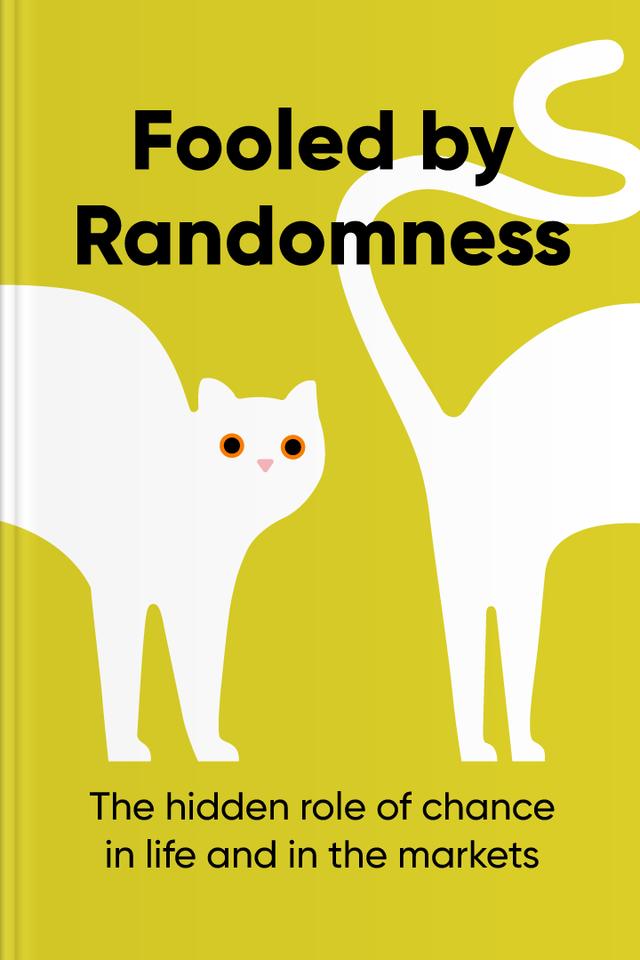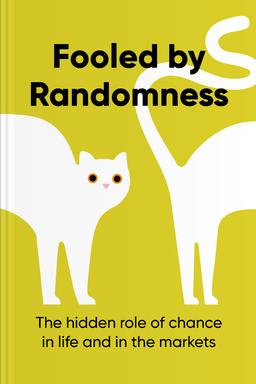You’ll learn
- Why luck is mistaken for skill in stocks
- How biases skew our financial choices
- The role of randomness in market success
- Tipping points' unpredictability in trends
Protect the world’s peace. Donate to support Ukraine

first KEY POINT
This tendency is more pronounced in the stock market where certain investors are considered more competent than others as a result of their lucky streak. Their successful investment portfolios are easily attributed to their competence rather than sheer luck.It is true that some professions require being skillful to achieve success. For example, luck doesn’t help you to have a long career in medicine or law. You need to have training and skill to succeed.Where it concerns the stock market, there are no real rules. Luck is the operative term here. There is an inherent randomness in the stock markets that make it possible for an investor with little or no skill to be just as successful as a skilled investor.
This probability reveals that you’re likely to achieve more success in the stock market by investing based on a coin toss.From these unskilled investors, we can expect almost 200 of them to record profits every year for 5 years. Consequently, we confer competence on these investors when in reality they simply made wild guesses and were lucky.The long run eventually reveals the poor choices they have made. That’s why some investors record devastating losses where they lose everything in a quarter after a streak of successes in the preceding years.The rest of this summary explains our misconceptions of randomness as determinism, why we constantly fail to appreciate the impact of randomness, and how we can deal with randomness.
second KEY POINT
Empirical science goes through a process known as induction to establish theories and generalizations. This process depends largely on observations. For example, someone might infer that all goats are black because they have observed hundreds of goats and they were all black.This conclusion becomes invalid the moment a goat of a different color is spotted. The problem of induction says that no theory can be proved right, only wrong. Thus, theories continually change and are replaced by better ones based on new information.This mindset can be applied to investing. Your assumptions and theories may be proved wrong at any time. Hence, you should allow this possibility to affect the shape of your portfolio. Predicting the future based on the past will lead to catastrophe.Adaptation will always cause change anywhere humans are involved. As we make adjustments to the new realities of our lives, it will affect how we do business. Hence, what seems to have always happened will be affected, eliminating the effect we were expecting to see.

Continue reading with Headway app
Continue readingfirst KEY POINT
second KEY POINT
third KEY POINT
fourth KEY POINT
fifth KEY POINT